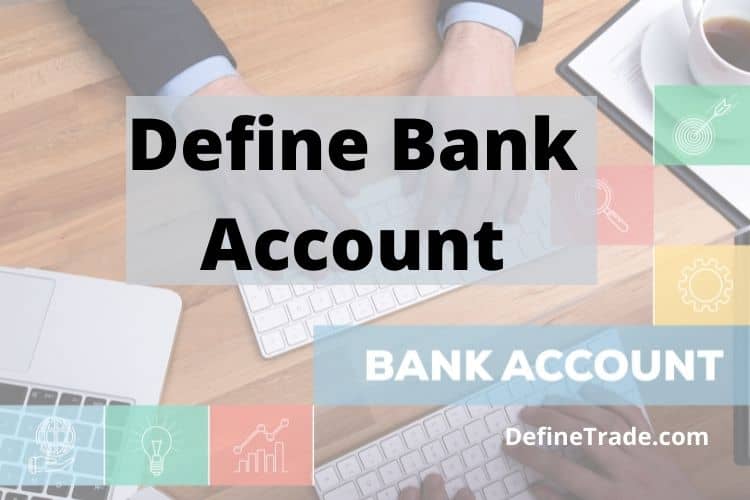Different Types of Bank Accounts and Their Features

There are a few different types of bank accounts that you can choose from, and each has its own set of benefits and drawbacks. The most common types of bank accounts are savings accounts, checking accounts, and money market accounts.
Main Types of Bank Account
- Savings Accounts: A savings account is a good place to keep your emergency fund or any money that you may need to access quickly. The downside to savings accounts is that they typically have low-interest rates, so you may not earn much money on your deposited funds. Define Cheque helps you in this regard.
- Checking Accounts: A checking account is a good option if you need to easily access your money and you don’t mind paying bank fees. Checking accounts offer debit cards and checks that you can use to easily access your funds. However, the interest rates on checking accounts are typically lower than those on savings accounts.
- Money Market Accounts: A money market account is a good option if you want to earn a higher interest rate on your deposited funds. Money market accounts typically have higher minimum balance requirements and may charge monthly fees, so be sure to compare the features of different money market accounts before you open one.
When choosing a bank account, be sure to consider the type of account that best meets your needs. If you’re not sure which account is right for you, talk to a bank representative and they can help you find the right account for your needs.
What is the list of Bank accounts?
- Savings account– an account where you can save your money and earn interest on the deposited amount
- Checking account– an account from which you can easily access your money using a debit card or check
- Money market account– an account that typically offers a higher interest rate in exchange for a higher minimum balance requirement
- Certificate of deposit (CD)– an account that offers a fixed interest rate for a set period of time
- Individual retirement account (IRA)– an account specifically for saving for retirement
- 529 plan– an account specifically for saving for college expenses
- Health savings account (HSA)– an account specifically for setting aside money to pay for qualified medical expenses.
- Coverdell education savings account (ESA)– an account specifically for saving for a child’s education expenses.
- Business bank account– an account specifically for businesses to deposit and manage their funds
- Joint bank account– an account held by two or more people, typically husband and wife or parents and children.
